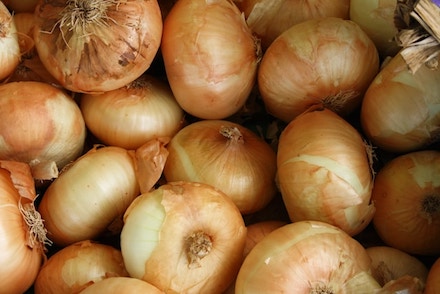“There is a difference between knowing the path and walking the path.”
Our quote today — from Morpheus in The Matrix — reminds us that understanding what needs to be done is not the same as actually doing it.
In life, we often gather knowledge, read books, and plan our journeys, but true growth comes from action.
Walking the path means embracing challenges, making mistakes, and learning through experience. It’s about courage and commitment, not just intention.
Whether it’s improving your health, growing your business, or deepening relationships, real change happens when you step forward and live your values.
Don’t just know your path — walk it, one step at a time, and watch your life blossom along your way.
EXERCISE:
In what ways does today’s quote challenge your approach to overcoming obstacles?
How can and will you use this insight to stay motivated and in action during difficult times?










